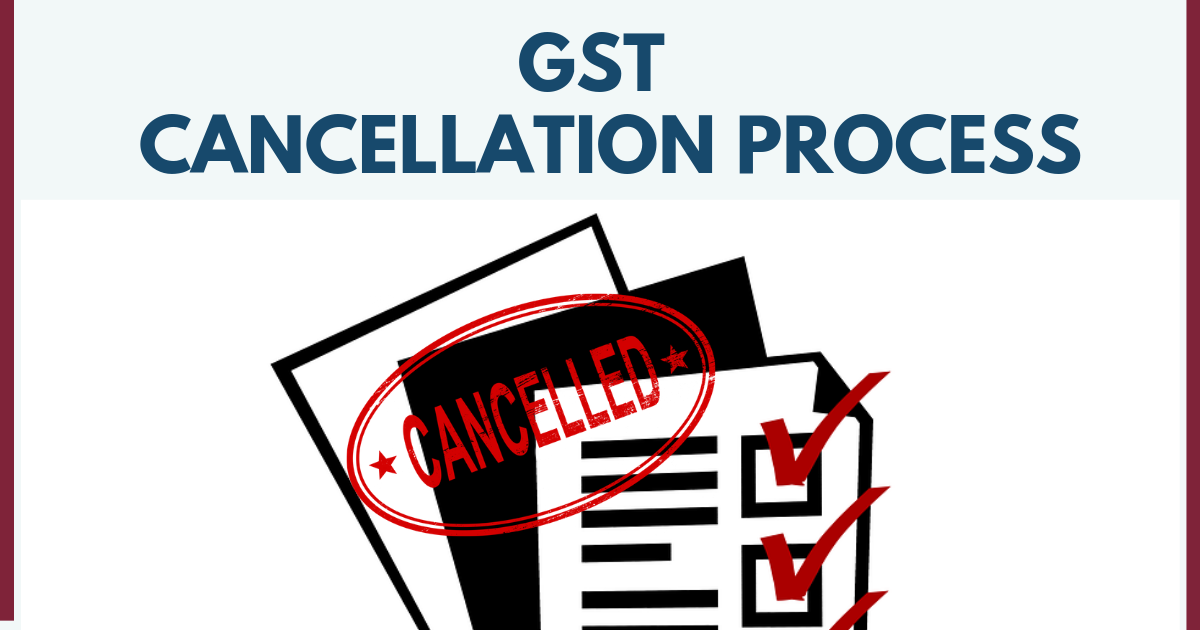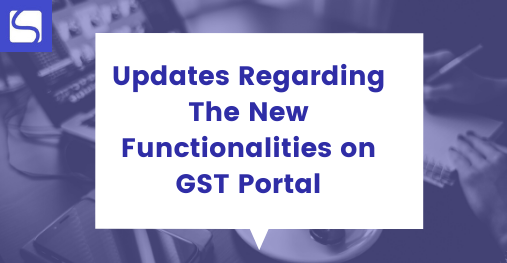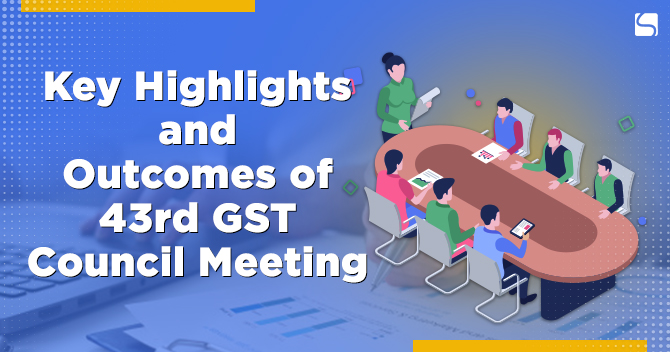GST Implication on E Commerce Players

Swarit Advisors | Updated: Aug 28, 2017 | Category: GST
E-commerce means dealing in buying and selling transactions online. Any person or company dealing in transactions through an online route is known as electronic commerce. Companies such as Paytm, Flipkart, Amazon[1], Myntra, Ola Uber are e-commerce players. In the current regime, multiple taxes are levied on the online transactions as such some taxes are collected by the state government and some taxes are collected by the Central government. But due to the introduction of GST Implication, the ambiguity and dispute regarding e-commerce sector will be resolved.
Benefits of GST E-commerce
- GST has replaced indirect taxes due to which it will become easy to follow the compliances
- The tax rate is the same for each product all over India, so it will be hassle-free to calculate different tax on different products.
- There are no Intra State tax .i.e. the amount of tax received by the state will be the same amount of tax received by the Centre.
- Inventory cost and logistics cost will be reduced due to the decrease in the warehouse cost.
- GST has introduced the tax collection mechanism as well which will make the e-commerce operator deduct tax at the rate of 1% of the net value of taxable supplies which is to be deposited with the government. Furthermore, proper reconciliation should be done in case of cash on delivery or return or cancelled orders as on the tax has already been deducted and deposited with government accordingly.
- Previously stock transfer was not liable to tax. However, under the GST regime inter stock transfers are liable to IGST. This will impact the Micros small and medium enterprises.
Thus with the introduction of GST, there are certain pros and cons, In spite of that the government has tried to bring the indirect tax regime under one basket so that it can benefit the industry and economy as a whole
Also, Read: Eligibility for GST Registration.














